
The westernmost state of the country, bordering Pakistan, has a varied landscape ranging from the forests of Gir to the hills of Diu and the white sand desert at Kutch...
The westernmost state of India, Gujarat, shares its border with Pakistan and is blessed with an incredibly diverse landscape. From the dense forests of Gir, home to the majestic Asiatic lions, to the serene hills of Diu, and the mesmerizing white sands of the Rann of Kutch, the state offers a kaleidoscope of natural beauty.
With the longest coastline in India, spanning more than 1,600 km, Gujarat unfolds a world of contrasts — golden beaches, ancient port towns, bustling cities, and peaceful villages. It is a land where culture meets nature, where art blends with spirituality, and where history resonates in every stone and monument.
The state’s heritage shines through the UNESCO World Heritage Sites of Rani ki Vav in Patan, the walled city of Ahmedabad, and Champaner-Pavagadh Archaeological Park. Gujarat is also known for its vibrant festivals like Navratri Garba, the spectacular Rann Utsav, and colorful kite-flying during Uttarayan.
For history lovers, Gujarat is the cradle of the Indus Valley Civilization, with archaeological wonders like Lothal, one of the world’s earliest known dockyards. Pilgrims find solace in the sacred temples of Dwarka, Somnath, and Vadodara’s rich spiritual sites, while nature enthusiasts are enchanted by the Gir National Park, the Marine National Park of Jamnagar, and the vast salt marshes of Kutch.
From the birthplace of Mahatma Gandhi in Porbandar, to the bustling textile markets of Surat, the industrial vibrancy of Ahmedabad, and the royal heritage of Rajkot and Vadodara, Gujarat is a land where the past and present coexist beautifully.
It is not just a destination, but an experience of colors, traditions, wildlife, crafts, and cuisines — making Gujarat truly a land of wonders.
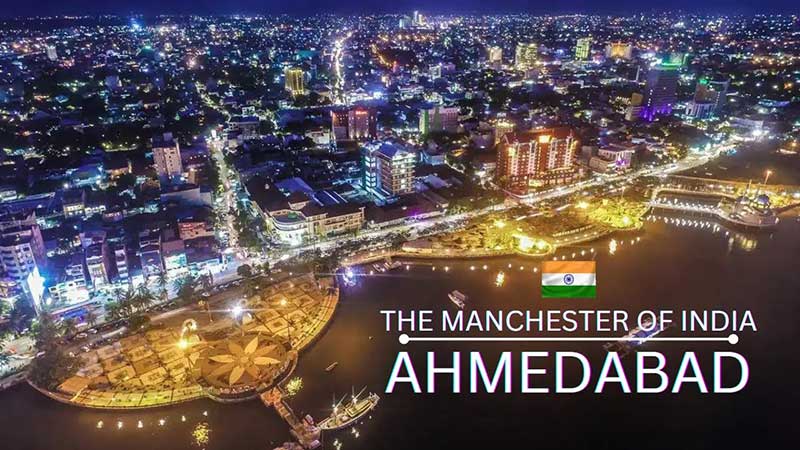
Located on the banks of Sabarmati River, this growing city was once Gujarat’s capital before it shifted to Gandhinagar. Parts of Ahmedabad are recognized as UNESCO Heritage Sites for their historic value. Visitors enjoy scrumptious food, vibrant markets with bandhani textiles, and the iconic Sabarmati Ashram, where Mahatma Gandhi lived and launched the Dandi March.
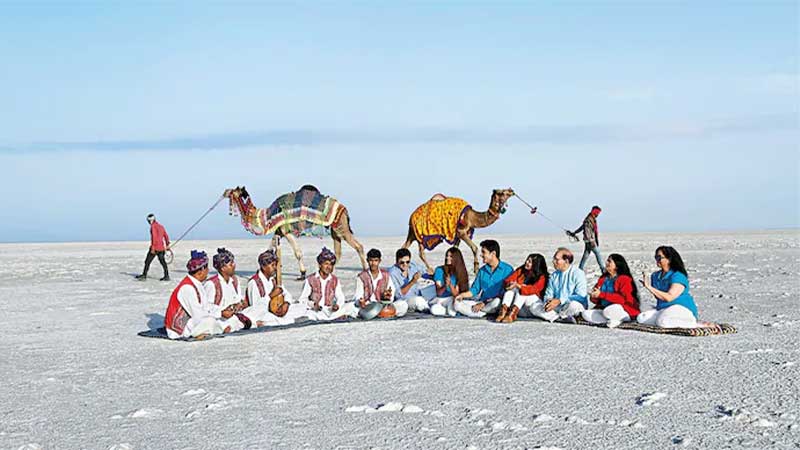
Famous for the surreal White Desert, Kutch offers breathtaking views, especially during the Rann Utsav in winter when moonlight reflects on salt flats. Known for crafts, embroidery, flamingo sanctuaries, and wild ass sanctuaries, Kutch also features cultural villages like Banni and historic towns such as Bhuj and Dholavira.
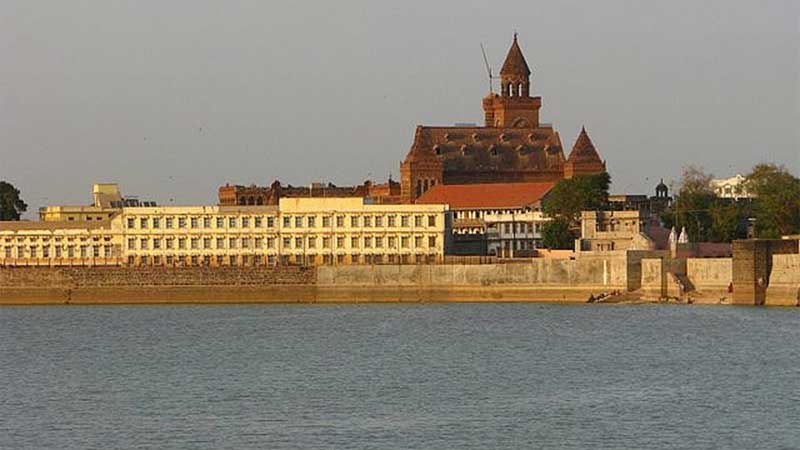
A historic desert city with deep roots in multiple kingdoms and the British Raj. Bhuj is home to Aina Mahal’s Mirror Hall, Prag Mahal Clock Tower, Ramakund Stepwell, Hamirsar Lake, and ancient artifacts at Kutch Museum. It also serves as the main gateway for the Rann of Kutch Festival.
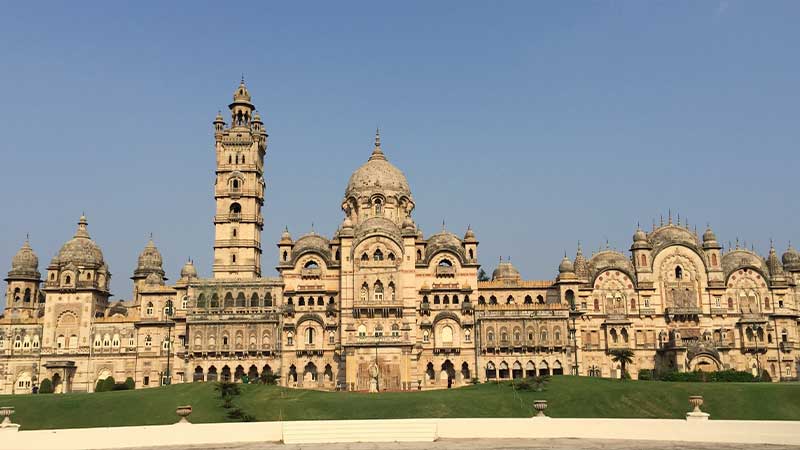
Known as Gujarat’s cultural capital, Vadodara boasts grand monuments like Laxmi Vilas Palace, Champaner Archaeological Park, Sayaji Baug, Ajwa Nimeta Gardens, and Vadodara Museum & Art Gallery. Its vibrant festivals and Maratha-era heritage make it a must-visit.
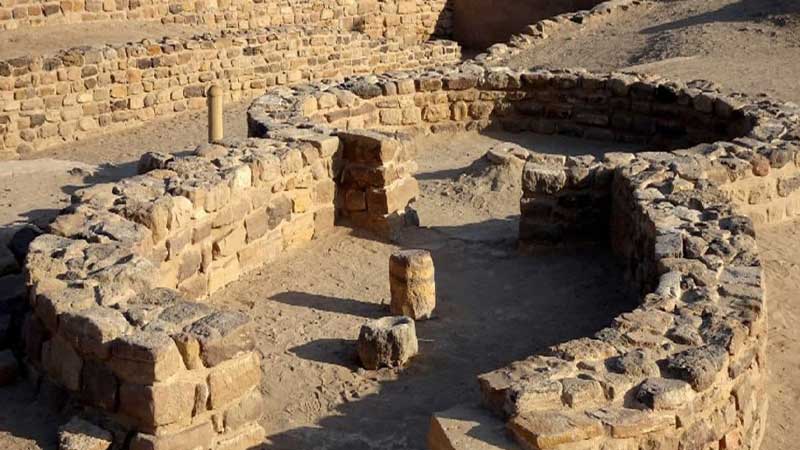
An ancient Harappan city (3000–1500 BCE) with remarkable water conservation systems, fortified settlements, and signboards in Indus script. Excavated artifacts such as terracotta, beads, ornaments, and seals reveal thriving trade with Mesopotamia and the Oman Peninsula. A true gem for history enthusiasts.
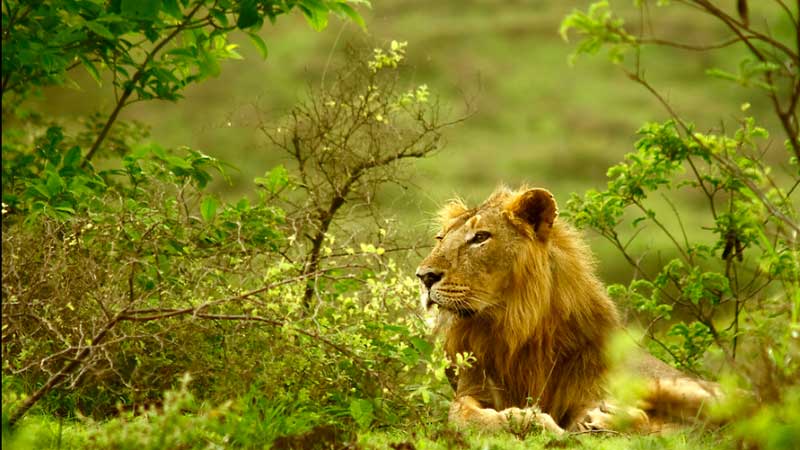
The only home of Asiatic Lions, Gir’s diverse landscape includes rivers, hills, and dry forests. Besides lions, it shelters leopards, hyenas, chausinghas, and spotted deer. Visitors enjoy lion safaris, crocodile breeding centers, and cultural programs by Maldhari & Siddis tribes.


Gujarati Thali includes dal, kadhi, chapati, poori, pickles, papad & sweets.
Snacks: Dhokla, Fafda, Khandvi, Thepla, Ganthia.
Sweets: Shrikhand, Ghevar, Basundi, Malpua.

Renowned for embroidery, bandhani sarees, patola saris, mirror work, clay items, jewellery, leatherwork & wooden furniture.
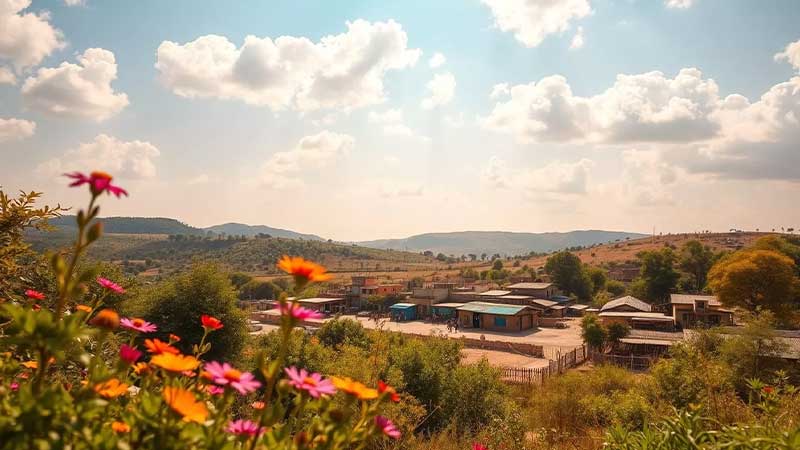
October to February is the best season. Monsoon is refreshing, while summer is hot (except hill stations).

Air: 17 airports, Ahmedabad International has global connectivity.
Rail: Surat, Ahmedabad, Rajkot, Vadodara with trains to all major cities.
Road: Highways & buses make road trips easy across Gujarat.